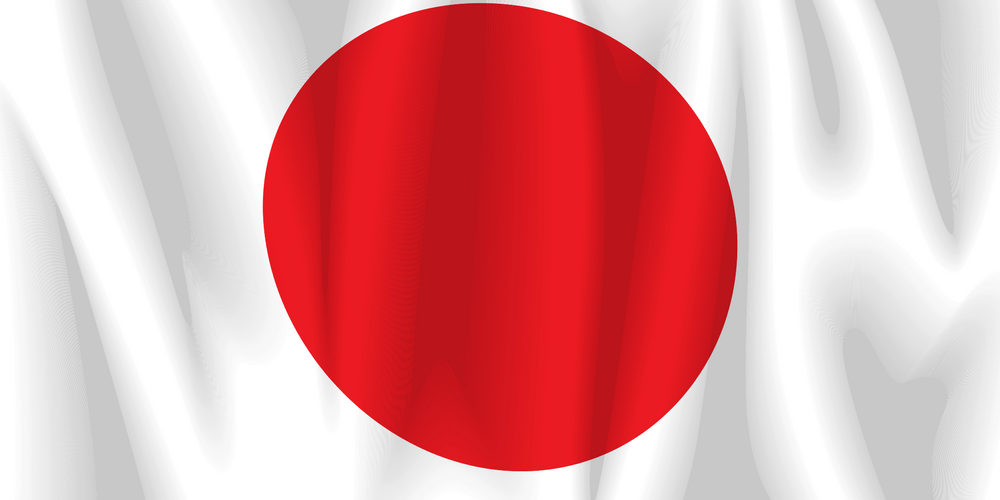
The sixteen digital currency exchanges licensed by the Japanese government have announced that they will be cooperating to form a self-regulatory body to increase trust in the virtual currency industry.
This news comes on the heels of the largest cryptocurrency exchange hack ever, in which 58 billion yen (~$530 million) worth of the digital currency NEM (XEM) were stolen from the Japanese exchange Coincheck this past January.
The name of this proposed self-regulatory organization, as well as the date at which it will be established and the powers it will have, are still undecided.
In 2017, Japan became the only country in the world to oversee the exchange of cryptocurrency at the national level. The Japanese government granted approval to sixteen exchanges, and allowed a further sixteen, including Coincheck, to continue operations while their applications with regulators were processing.
The Japanese Financial Services Agency (FSA) initially licensed eleven exchanges in September of last year. In early December, the FSA licensed another four, and at the end of December, it licensed the sixteenth exchange.
Immediately following the hack, Japan’s FSA issued a business improvement order to Coincheck and ordered the company to submit a report on the hack, including measures that would be taken to prevent a reoccurrence. The FSA also conducted an on-site inspection of the exchange to ensure that users’ funds were properly safeguarded.
On February 13th, when Coincheck re-enabled yen withdrawals, a total of 40.1 billion yen ($373 million) were withdrawn from the exchange in just 24 hours.
Coincheck has promised to reimburse its customers affected by the hack, however, the company has not yet stated how or when it will do so. Coincheck’s COO, Yusuke Otsuka, said in a press conference, “We have the funds, but we are making individual checks so there are no problems (with repayments).” Given the size of the hack, and the drastic capital flight off of the exchange, doubts abound about the company’s ability to repay its affected users in a timely manner.
The FSA has ordered internal inspections of all other cryptocurrency exchanges operating in Japan, with a focus on assessing the strength of the cybers ecurity measures the exchanges have in place.
Ultimately, the creation of a self-regulatory body by Japan’s licensed exchanges should serve as a gesture of goodwill from cryptocurrency businesses to financial regulators and to individuals whose faith in the industry has taken a hit since the Coincheck hack.

